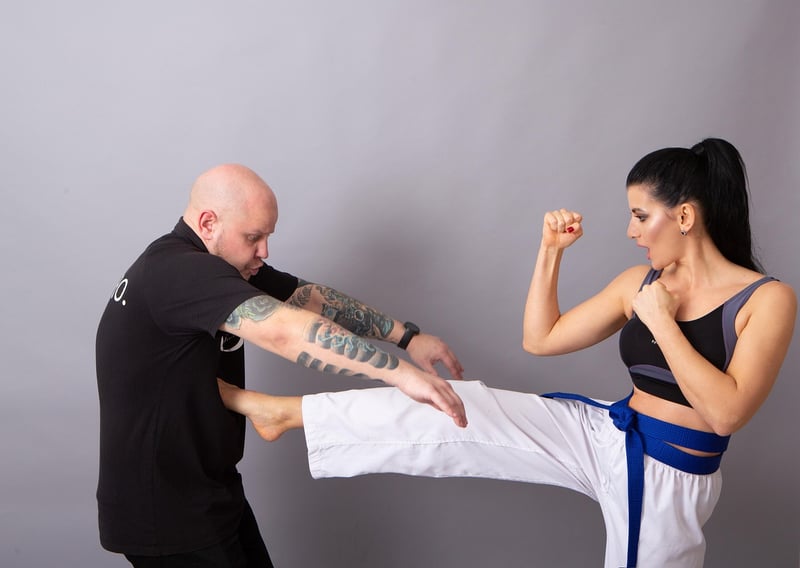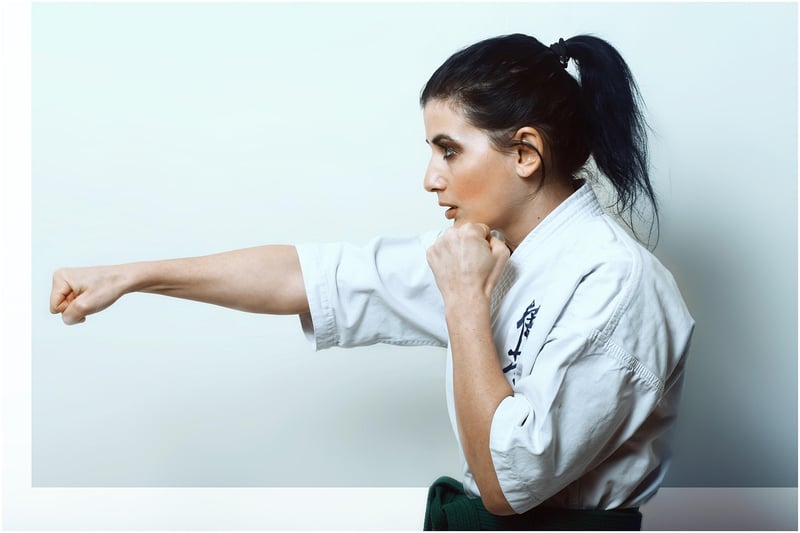Judo
The Art of Judo: Discipline and Self-Defense
When it comes to self-defense and discipline, few martial arts can compare to the effectiveness and holistic approach of Judo. Originating from Japan, Judo is not just a physical practice but a way of life that instills values of respect, discipline, and self-improvement.
The Principles of Judo
At the core of Judo are two fundamental principles: "maximum efficiency, minimum effort" and "mutual welfare and benefit." These principles emphasize the importance of using technique and leverage rather than brute strength, as well as the idea that training should benefit not only oneself but also others.
Self-Defense through Judo
Judo is a highly effective martial art for self-defense, focusing on throws, joint locks, and pins to neutralize attackers. By utilizing an opponent's momentum and balance against them, a Judoka (practitioner of Judo) can effectively subdue an aggressor without causing lasting harm.
The Role of Discipline
Discipline is a cornerstone of Judo training, teaching practitioners the value of perseverance, focus, and self-control. Through rigorous practice and adherence to etiquette, Judoka cultivate a strong sense of discipline that extends beyond the dojo into their daily lives.
Benefits of Practicing Judo
Practicing Judo offers a wide range of benefits, including improved physical fitness, enhanced coordination and balance, increased self-confidence, and the ability to defend oneself in various situations. Additionally, the mental discipline gained through Judo training can positively impact all aspects of life.
Find Your Judo Dojo
If you're interested in learning Judo and reaping its many rewards, consider joining a local Judo dojo. Experienced instructors will guide you through the techniques, etiquette, and philosophy of Judo, helping you embark on a fulfilling martial arts journey.
Begin your journey towards self-defense, discipline, and personal growth with Judo today!

Image Source: Pixabay
